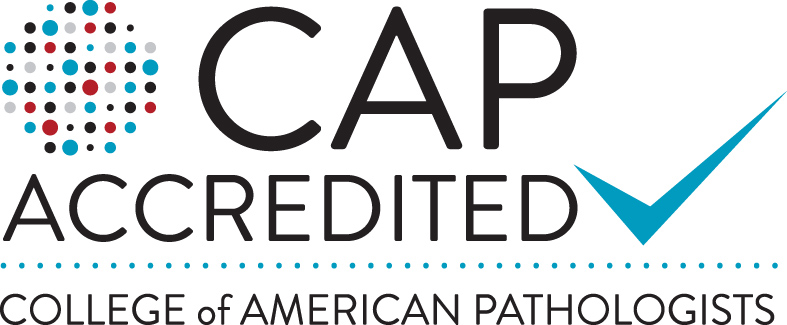Prolacta Bioscience has published new research successfully using a synbiotic of human milk oligosaccharides (HMOs) with Bifidobacterium longum subsp. infantis (B. infantis) to reversibly engraft the microbe within healthy human adult microbiomes without the use of antibiotics. Within the infant microbiome, HMOs are uniquely metabolized by B. infantis to produce short-chain fatty acids such as acetate and indirectly butyrate which may inhibit enteropathogen colonization. In their study, “Dosing a synbiotic of human milk oligosaccharides and B. infantis leads to reversible engraftment in healthy adult microbiomes without antibiotics” published in Cell Host & Microbe, Prolacta has shown a proof-of-concept by utilizing HMOs to create a nutrient niche allowing B. infantis to overcome colonization resistance inherent in healthy microbiomes and achieve strain-specific engraftment. Prolacta Bioscience’s controlled strain-specific engraftment represents a step toward the development of predictable and targeted microbiome therapeutics.
Read their publication here


